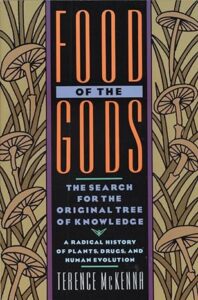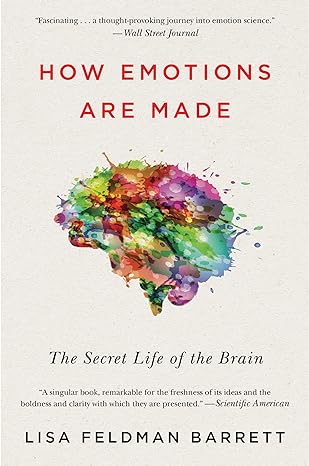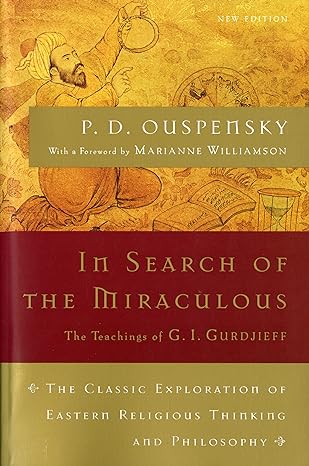The Search for the Original Tree of Knowledge A Radical History of Plants, Drugs, and Human Evolution

In Food of the Gods, Terence McKenna’s research on man’s ancient relationship with chemicals opens a doorway to the divine, and perhaps a solution for saving our troubled world. McKenna provides a revisionist look at the historical role of drugs in the East and the West, from ancient spice, sugar, and rum trades to marijuana, cocaine, synthetics, and even television—illustrating the human desire for the “food of the gods” and the powerful potential to replace abuse of illegal drugs with a shamanic understanding, insistence on community, reverence for nature, and increased self-awareness.
“Ideologies can be thought of as meaning-defined environments. They are invisible, yet they surround us and determine for us, though we may never realize it, what we should think about ourselves and reality. Indeed, they define for us what we can think.”
“Of all the pandemic plant intoxicants inhabiting the earth, cannabis is second only to mushrooms in its promotion of the social values and sensory ratios that typified the original partnership societies. How else are we to explain the unrelenting persecution cannabis use in the face of overwhelming evidence that, of all the intoxicants ever used, cannabis is among the most benign? Its social consequences are negligible compared with those of alcohol. Cannabis is anathema to the dominator culture because it deconditions or decouples users from accepted values. Because of its subliminally psychedelic effect, cannabis, when pursued as a lifestyle, places a person in intuitive contact with less goal-oriented and less competitive behavior patterns. For these reasons marijuana is unwelcome in the modern office environment, while a drug such as coffee, which reinforces the values of industrial culture, is both welcomed and encouraged. Cannabis use is correctly sensed as heretical and deeply disloyal to the values of male dominance and stratified hierarchy.”
“Not to know one’s true identity is to be a mad, disensouled thing – a golem. And, indeed, this image, sickeningly Orwellian, applies to the mass of human beings now living in the high-tech industrial democracies. Their authenticity lies in their ability to obey and follow mass style changes that are conveyed through media. Immersed in junk food, trash media, and cryptofascist politics, they are condemned to toxic lives of low awareness. Sedated by the prescribed daily television fix, they are a living dead, lost to all but the act of consuming.”


